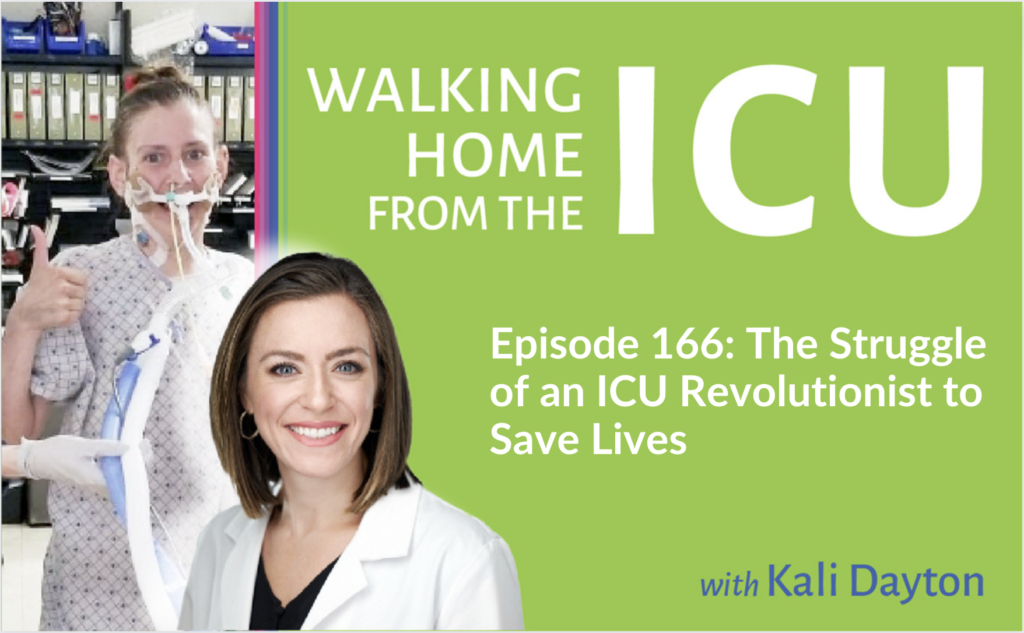
Is it save to mobilize patients with trans-formal devices such as balloon pumps, impellas, and ECMO? Who was the first person to dare to ask, “Why can’t we mobilize patients with trans-femoral balloon pumps?” Stephen Ramsey, PT, DPT, CCS shares with us his journey to developing the Ramsey protocol and revolutionizing mobility in the CVICU.




